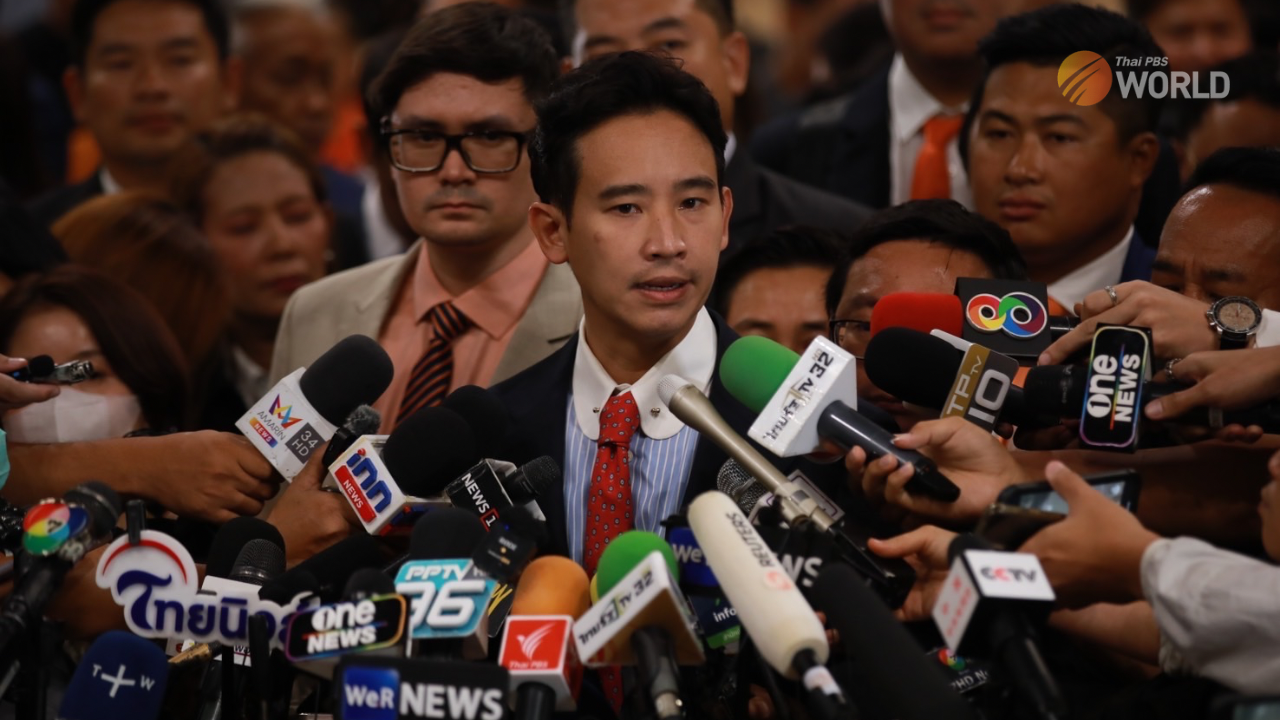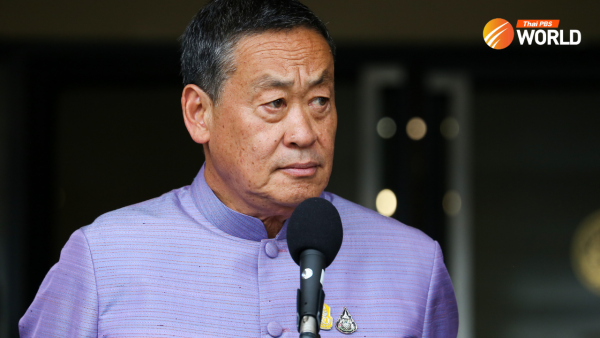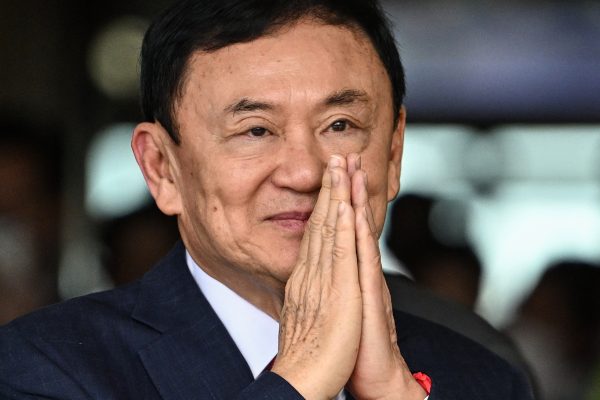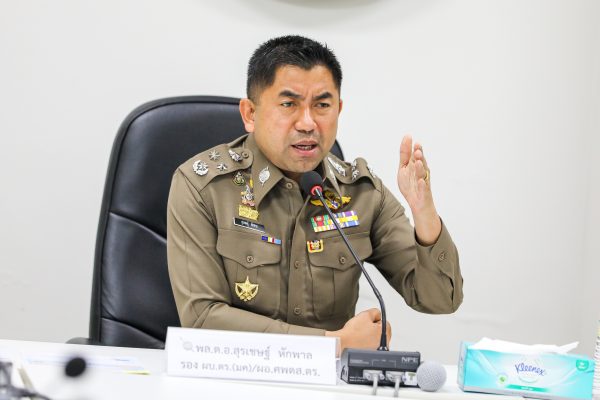Every scenario is nightmarish

The “catastrophe loading” has been completed, so to speak, after Parliament on Thursday rejected the nomination of Pita Limjaroenrat as the new prime minister. The objective of every player now is avoid getting killed, either instantly or slowly.
It will be a free for all survival game. Defiant Pita will seek a second try, amid threats of something happening between now and next week that could damage his qualifications, and a constitutional question whether a shot-down motion could be resubmitted in the same parliamentary term. Pheu Thai will be re-evaluating its risks and opportunities. Prawit Wongsuwan and Prayut Chan-o-cha will both wait for a windfall. Even Anutin Charnvirakul must be thinking he can have a shot.
The polarity had been clear leading to Thursday’s voting. But realignment is possible from now on. Even if the current Pita alliance is unchanged and guaranteed substantially-bigger senatorial support next time, or even if the young politician managed to convince some of the parties opposing him to make a U-turn, the legal and constitutional question could realistically get in his way.
Pheu Thai can tell him “We have tried our best, but we aren’t going anywhere, so let’s try one of our party’s nominees.” This hopefully could get more senators on board, because Article 112 will move towards the background, but Move Forward remaining in the alliance means much of the Senate could remain hostile.
Or Pheu Thai can say to itself “We aren’t going anywhere, so let’s try changing sides.” Possibly Palang Pracharath, Bhumjaithai and Democrats would be contacted. This way, senators might run out of excuses. Yet a Pheu Thai prime minister and Thaksin Shinawatra’s expected return would be like smoking a cigarette in an ammunition warehouse.
Prawit then. A Pheu Thai-backed Prime Minister Prawit will sail through parliamentary voting. Such a government will find it easier to deal with Thaksin as well, because the Palang Pracharath leader used “reconciliation” as his election platform and that might come in handy whenever the man in Dubai decides to end his “exile”.
On the one hand, if the Palang Pracharath-Pheu Thai partnership does happen, Move Forward will have achieved what decades of trying could not come close to bringing about. Right-wing newscasters who made a career out of lambasting Pheu Thai a few years ago now are talking about the party as if it was their last hope.
But, on the other hand, the Palang Pracharath-Pheu Thai partnership will not only be awkward, but also fragile. To begin with, Pheu Thai is forced in this scenario to back Prawit because of the Constitution’s provisional clause, which will be no longer in effect in the next election. A Prime Minister Prawit will have to work with one eye on Pheu Thai all the time. (What Pheu Thai MPs said about Prawit over the past few years will be Twitter memes and Tik Tok clips but that will be the least he will have to worry about.)
Pheu Thai will have to think of its fan base, in other words the next election, too. The party lost to Move Forward as the opposition, so imagine what could happen if it was in an unpopular Prawit government going into the next national poll.
Thursday, July 13, had always been about whether Pita’s political path will be very treacherous yet considerably long, or he would crash and burn immediately just weeks after the amazing electoral triumph. Either way, the iTV and Article 112 controversies are playing a big part.
What Pita saw on Thursday was that Article 112, which Move Forward is hell-bent on amending, isolated him from much of the Senate and gave Bhumjaithai a strong reason for voting no. Article 112 also seemed to be the reason why the Democratsabstained. Parliamentary debate on the legal issue was fiery, and it could not be said that Move Forward came out on top in the verbal war. Pheu Thai must have thought of that, too.
In the prelude to the May election, Move Forward had set the ball rolling. Pheu Thai’s “slow burn” that had made Thaksin’s camp win elections in the past was challenged all of a sudden. But it all was part of a typical war, not survival game, in which the shrewdest, not most popular, player is most likely the last man standing.
By Tulsathit Taptim






